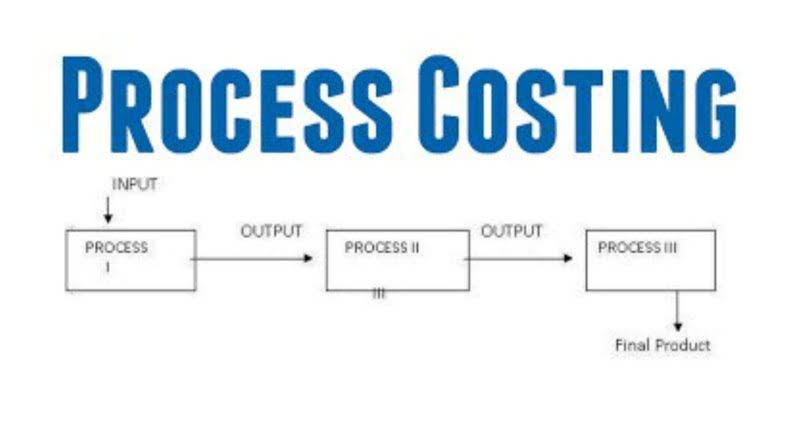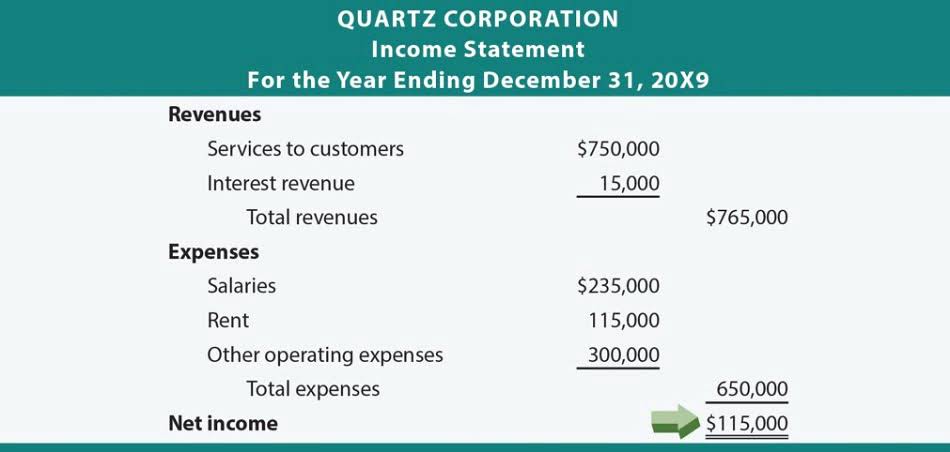
However, if the condition has progressed to Korsakoff’s syndrome, the symptoms are generally not reversible. Alcohol-related dementia is diagnosed when alcohol abuse is most likely to be the cause of the symptoms of dementia a person is experiencing. While abstaining from alcohol is necessary in helping prevent or reduce more damage from Wernicke-Korsakoff syndrome, it is also important to keep in mind the symptoms of alcohol withdrawal.
Wernicke-Korsakoff Syndrome Causes and Risk Factors

It is named after Dr. Wernicke and Dr. Korsakoff, who identified the symptoms of the disease. If Wernicke’s encephalopathy isn’t treated, it can lead to Korsakoff’s psychosis. You might struggle to remember things that happened recently (short-term memory loss). It can also affect long-term memory, making it hard to recall things from your past. This means you might unintentionally make up stories to fill in memory gaps without realizing you’re doing it.
- It’s important that you know what is covered prior to attending a rehab.
- Cognitive Behavioural Therapy (CBT) is effective in addressing the psychological aspects of addiction, helping individuals develop healthier coping mechanisms.
- Outpatient treatment for alcohol addiction allows individuals to continue their recovery while living at home.
- If a patient diagnosed with Wernicke’s Encephalopathy receives treatment right away, the prognosis is generally good.
- It is more common to experience the symptoms of Wernicke encephalopathy first, though it is not a rule that they have to appear that way.
- Within 7 days, endothelial cells malfunction, leading to neuron death and increased permeability of the blood-brain barrier (high-risk factors for stroke).
How much do you have to drink to develop Wet Brain?
How life with Wernicke-Korsakoff syndrome continues depends on how severely someone is affected by the disease and wet brain symptoms. Importantly, they may be able to live on their own with assistance from their caregivers or home health aides. This phase is the first one and it is characterized by very strong wet brain symptoms like confusion, lack of muscle coordination, and vision changes that may include abnormal eye movements.

Focus on High-Risk Individuals

The main cause of Vitamin B1 deficiency is severe and long-term alcohol addiction. As time progresses, it affects how alcohol is absorbed, stored, and used in the body, which can cause wet brain syndrome. However, certain other causes of this disorder occur when a person does not get enough nutrients from their diet or because of other health conditions.

It can be difficult to diagnose wet brain because one of the primary symptoms is confusion. Someone struggling with a wet brain may not be able to recognize their symptoms clearly or seek medical advice when they should. Doctors often struggle to diagnose wet brain as well since symptoms can resemble other conditions. Additionally, people suffering from alcoholism are less what is mush brain likely to consume well-rounded, healthy diets, which is how you get enough vitamin B1 into your system. It is an essential vitamin that is not produced naturally by your body, so it must be consumed from outside sources.
Wet Brain Stage 1: Wernicke’s Disease
The primary cause of wet brain is a severe deficiency in thiamine (vitamin B1), most commonly resulting from chronic alcohol abuse. Alcohol interferes with the body’s ability to absorb and process thiamine, leading to a dangerous depletion of this essential nutrient. However, it’s worth noting that other conditions causing malnutrition can also lead to wet brain, though these cases are far less common. Wet brain, also known as Wernicke-Korsakoff syndrome (WKS), results from brain damage due to severe thiamine or vitamin B1 deficiency. This condition usually progresses Oxford House in two stages if left untreated – the first stage is Wernicke encephalopathy, and the second stage is Korsakoff syndrome, AKA Korsakoff psychosis.
Without treatment, individuals with advanced Wernicke-Korsakoff Syndrome may live only a few years. Early intervention can extend life and improve quality by slowing disease progression. Individuals not only struggle to form new memories but also may experience retrograde amnesia, where they lose past memories. In severe cases, they may even start “confabulating” – filling in memory gaps with made-up stories or details they genuinely believe happened. If you or someone you know is experiencing any of the above signs, it is important to seek professional help.
I’ve spent the last seven years researching and understanding alcoholism, addiction, and how people get sober. Additionally, I examine the https://ecosoberhouse.com/ way mental and physical health as well as our relationships with others impact the reasons people drink and their role in maintaining sobriety long-term. If a patient diagnosed with Wernicke’s Encephalopathy receives treatment right away, the prognosis is generally good.
- Contact us today to learn more about how we can help start you on your recovery journey.
- Poor nutrition, common in those with alcohol use disorder, can contribute to the development of Wet Brain.
- You can learn how to live free from addiction and develop the tools needed for a newly sober life.
- One of the biggest challenges in recovering from Korsakoff’s psychosis (the chronic stage of wet brain) is the difficulty with memory.
- In some cases, the diagnosis of wet brain may remain uncertain even after extensive evaluation.
- A deficiency can impair the gastrointestinal tract, affecting the body’s ability to convert nutrients into energy.
Excessive alcohol use and alcohol addiction can affect essentially every aspect of a person’s life. It can affect the brain, heart, liver, and pancreas, and put a person at a higher risk of certain cancers, according to the National Institute on Alcohol Abuse and Alcoholism. Often, when a person doesn’t receive treatment for wet brain, Wernicke’s disease can develop into Korsakoff’s psychosis.
Wet Brain Stage 2: Korsakoff Psychosis
The brain evaluation process in wet brain diagnosis is complex and multifaceted, requiring expertise in both administration and interpretation. It’s worth noting that while these imaging techniques are valuable diagnostic tools, they are not foolproof. The absence of typical imaging findings does not rule out wet brain, especially in its early stages. This is why a comprehensive approach to diagnosis, incorporating clinical symptoms, patient history, and other diagnostic tests, is crucial. In addition to receiving a vitamin B1 injection and stopping your consumption of alcohol, it is important to focus on eating a well-balanced diet. A healthy diet that includes vitamin B1 will reduce your chances of the wet brain occurring again in the future.










